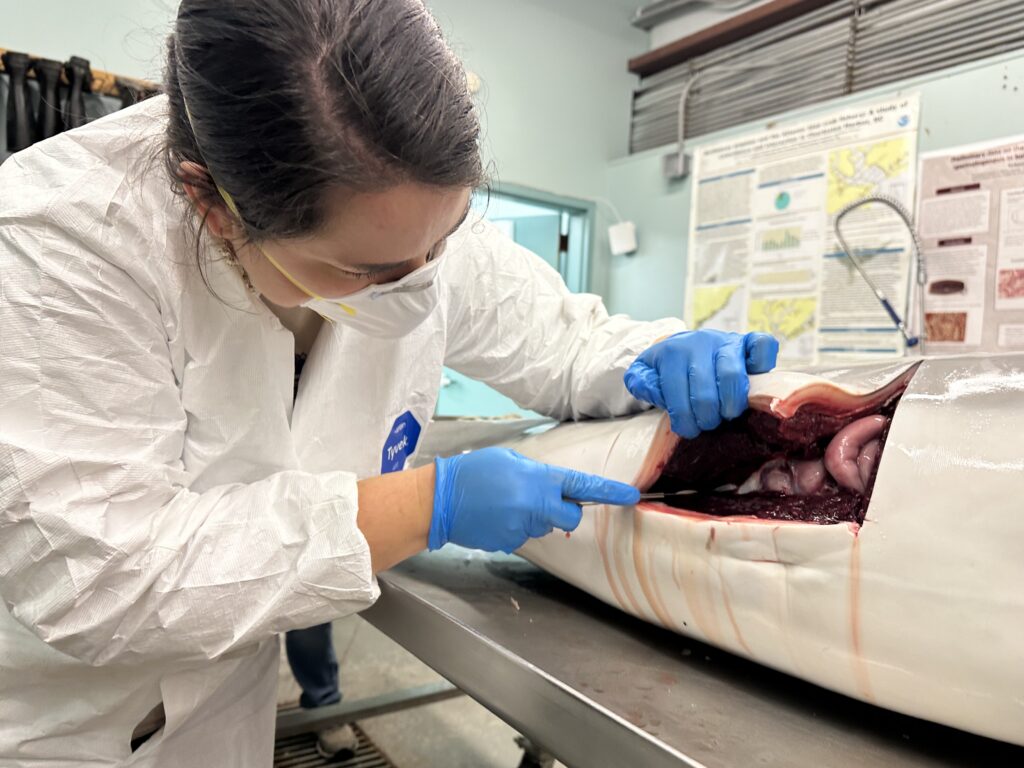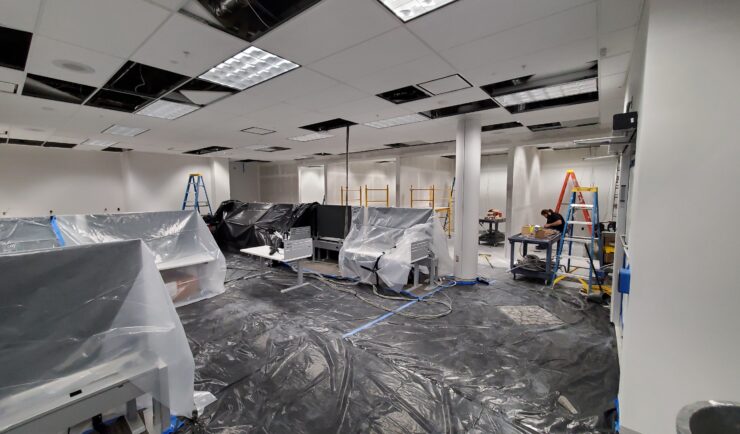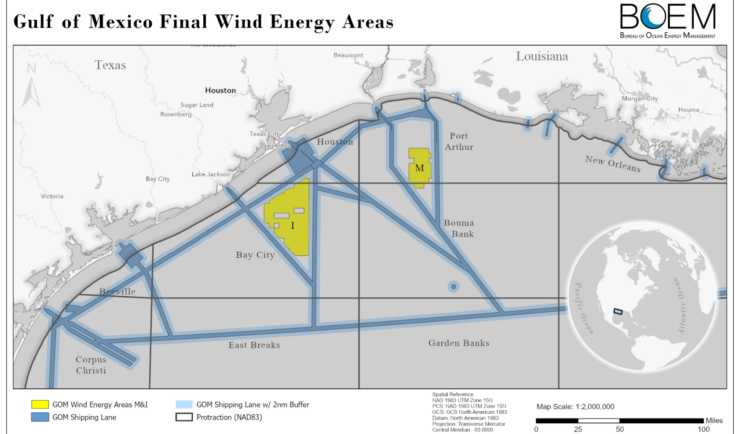
CSS employee owner and Marine Mammal Microplastic Specialist supporting NOAA’s National Centers for Coastal Ocean Science assists the South Carolina Marine Mammal Stranding Network in responding to dead marine mammals when they strand on beaches or estuaries throughout South Carolina. This is work is critical for human and environmental health because it provides invaluable samples which allow scientists to
- better understand ecosystem conditions since marine mammals are important indicators of the health of their environment,
- gain insight to the health of the marine mammal community,
- assume potential impacts for humans living in the coastal zone.
In addition, removing marine mammal carcasses from public spaces helps avoid potential disease transfer to humans.
The Lowcountry Marine Mammal Network (LMMN) is the current NOAA Fisheries permit holder—a permit required by the Marine Mammals Protection and Endangered Species Act for research including collecting samples for biopsies. The organization currently has only one staff member dedicated to these responses. Since responding to stranded, deceased marine mammals is not safe or possible to do alone, CSS staff supporting NCCOS frequently assist with field responses, conducting necropsies (i.e. animal autopsies), and sample collection.


Following sample collection, the CSS Marine Mammal Microplastic Specialist is specifically responsible for the gastrointestinal assessment. Responsibilities for this task include dissecting and analyzing the stomach and entire intestinal tracts of stranded marine mammals. This assessment helps provide information regarding the animal’s recent diet and is one of the final determinants of whether an animal was affected by human interaction, specifically by ingesting microplastics. This data is used by LMMN, NOAA’s National Marine Fisheries Service, and NOAA’s National Centers for Coastal Ocean Science.
See More CSS Insights

Custom Support to Space Florida
Our team recently reconfigured the office space and network for an incoming Space Life Science Lab tenant, Vaxxinity. This work included major renovations to the lab and office space, and new cable runs for their modified space. The team completed this large task within a four week period! Our Florida IT group works closely with…

Expanding Our Offshore Wind Team
We’ve recently added several staff to bolster the offshore wind team at NOAA’s National Centers for Coastal Ocean Science. With this full team of 13, our employee owners are able to provide more focused support in their areas of expertise, including mapping and spatial modeling, data collection, communications, project management, and partner engagement. Through this…
CSS Awarded Five Year Subcontract Supporting the Bureau of Engraving and Printing
For over 22 years, CSS has supported the Bureau of Engraving and Printing (BEP). Originally as a prime contractor, CSS began supporting BEP in 2002. In November 2024, a new prime contractor, Koniag, signed CSS as a major subcontractor, which enabled CSS employee owners to continue providing comprehensive environmental, occupational safety and industrial hygiene support…
